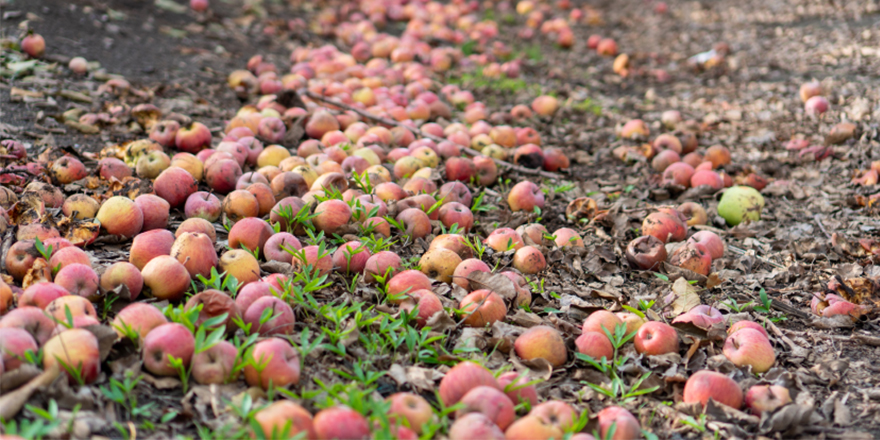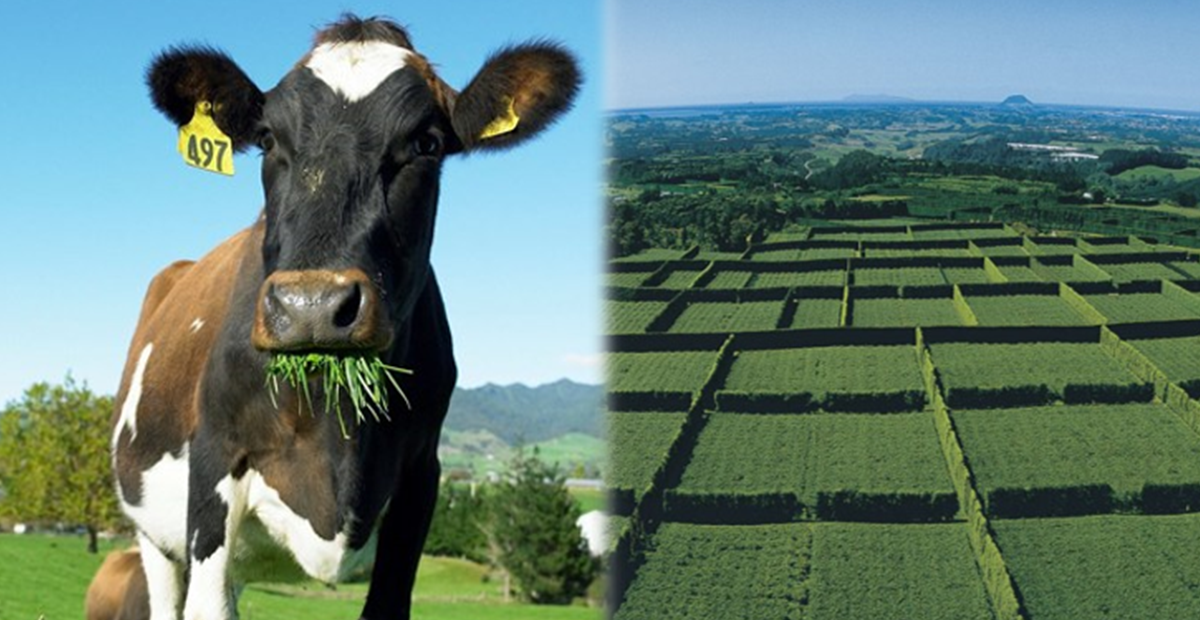
Executive Summary
“Let food be thy medicine, and let medicine be thy food” – Hippocrates. The idea of food-as-medicine has been around for many years. It is not until recently that consumers are leading the charge, prioritising products and ingredients that are novel, nutritious, locally sourced and ethically produced.
In both a local and global context, primary industries are facing challenges with changes in consumer behaviour. These are often strongly driven by social media trends and awareness of environmental factors involved in the methods of growth and production of food, leading to shifting food purchasing trends. The New Zealand primary sector is no different to other global producers, however an increase in the focus by the public on ‘food-as-medicine’ is creating an opportunity for New Zealand producers to fill a potential gap in the market.
Increasing demand for nutritious, safe and healthy food grown in an ‘environmentally friendly’ way has become ever more prevalent. It is well documented there is a continued and alarming rate of increase in preventable diseases, especially of the non-communicable diseases (NCD) type such as cancer, heart disease and diabetes. This trend allied with potentially catastrophic pressures on our environment, especially in the form of climate change, gives rise to a combination of major challenges for society as a whole but especially for agriculture and medicine globally.
New Zealand is in a position to take advantage of this situation and create strong markets due to its size, relatively highly educated (by global standards) agricultural workforce, and innate ability to innovate rapidly. It can add value to its export (and domestic) markets by way of capitalising on the astonishing lack of focus that has so far been paid to the nutrient content of food by consumers and producers. This will empower farmers to become educated and focussed on healing, enhancing and protecting the soil from which they derive their livelihood. It will also pass on a worthwhile heritage to future generations, while simultaneously positioning itself as a global leader in premium nutrient-dense food production.
My aim for this commentary is to create a discussion piece for our industry leaders and to help the primary sector develop a potential common goal or value proposition. I want to challenge our thinking about how we tackle the changes that are facing our industry.
This research uses a combination of a literature review and qualitative analysis. This allowed me to apply critical thinking, draw key themes and identify areas of key importance.
From this research, my recommendations include:
- Market a strong value proposition for our primary industry and gain support from the government, to ensure we have economic viability
- Facilitate better education for our growers, farmers and our own consumers, so they have the ability or option to produce and/or consume nutritionally dense food
- Create better collaboration between leaders not only within the primary industry, but across the nation
- Implementation of soil measurement and consistent production standards so that we are genuinely producing nutrient-dense food
More work is required to understand how soon testing of our food will be economically and practically viable, thereby changing the economic landscape for our producers. The inevitable increase in value of what they produce will be reflected in what extra profit will accrue from the production of nutritionally dense food – not the volume. This will simultaneously bring enormous quantifiable benefit for the environment.
With change comes opportunity, and challenges, to evolve our market strategy and to feed our families and the world with more nutritious food. Growth occurs at the border of challenge and support.




